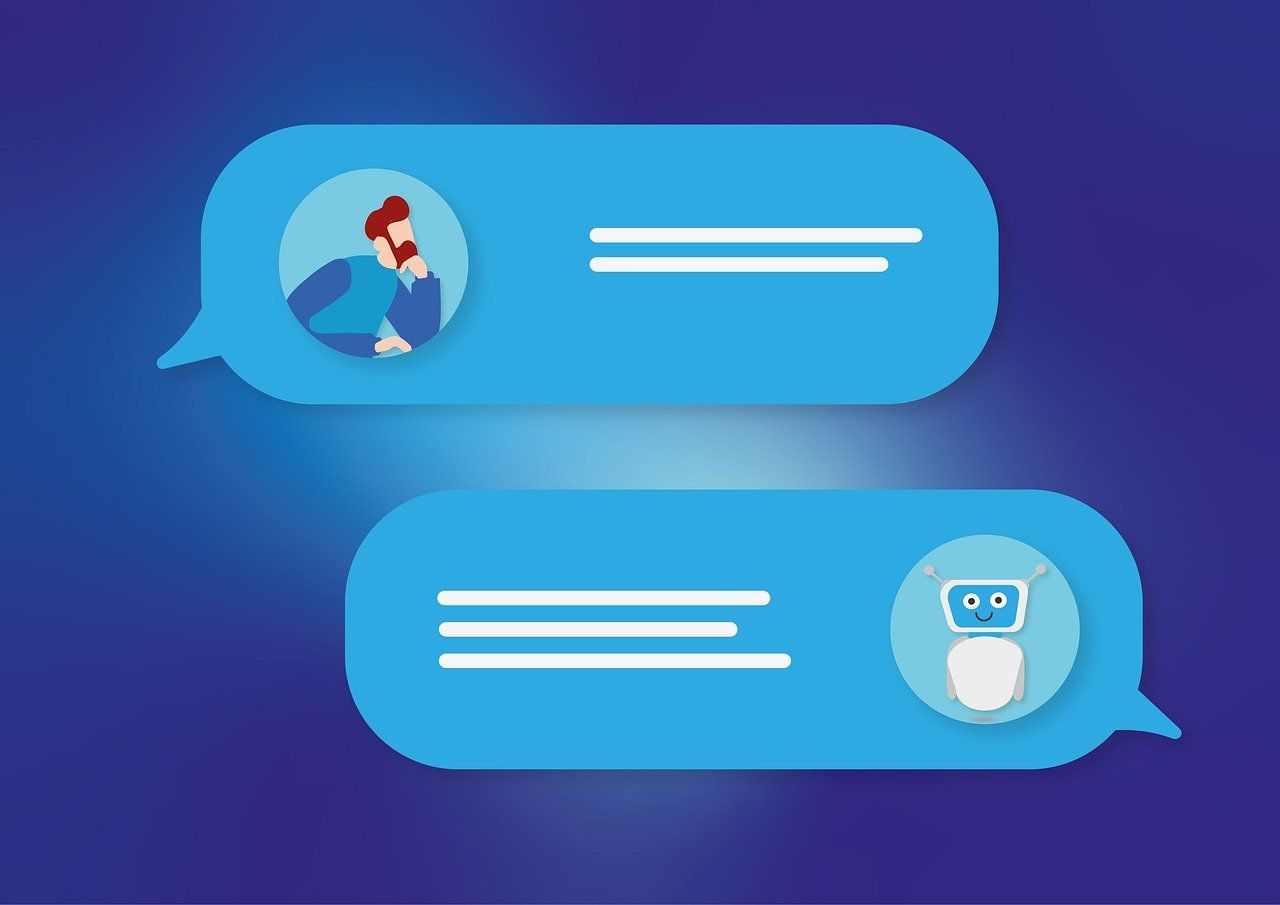
Revolutionizing Diagnostics with AI: Early Detection and Precision Medicine
By leveraging the power of machine learning and deep learning algorithms, AI is enabling early detection of diseases and paving the way for precision medicine. In this blog post, we will explore how AI is reshaping the landscape of medical diagnostics and its implications for patient care.
The Need for Early Detection
Early detection is crucial in the fight against many diseases, particularly in the case of life-threatening conditions such as cancer and cardiovascular disorders. When caught in the early stages, these diseases have a much higher chance of successful treatment and improved patient outcomes. However, traditional diagnostic methods often fail to identify these conditions until they have progressed to more advanced stages. This is where AI comes into play.
AI-Powered Diagnostic Tools
AI algorithms can analyze vast amounts of medical data, including imaging scans, genetic information, and patient records, to identify patterns and anomalies that may indicate the presence of a disease. By training these algorithms on large datasets, researchers can develop highly accurate diagnostic tools that can detect diseases at their earliest stages.
One example of such a tool is the use of AI in analyzing medical imaging. Deep learning algorithms can analyze X-rays, CT scans, and MRIs to identify subtle changes that may be indicative of a particular condition. These algorithms can detect abnormalities that may be missed by the human eye, enabling earlier intervention and treatment.
Tailoring Treatments to Individual Patients
AI is also playing a crucial role in the development of precision medicine. Precision medicine involves tailoring medical treatments to the specific characteristics of individual patients, taking into account their genetic makeup, lifestyle factors, and medical history.
By analyzing vast amounts of patient data, AI algorithms can identify patterns and correlations that can help predict how a particular patient will respond to a specific treatment.
This approach has the potential to revolutionize the way we treat diseases. Instead of using a one-size-fits-all approach, doctors can use AI-powered tools to develop personalized treatment plans that are optimized for each individual patient. This can lead to better treatment outcomes, reduced side effects, and improved quality of life for patients.
Conclusion
AI has the potential to revolutionize the field of medical diagnostics, enabling earlier detection of diseases and paving the way for precision medicine. By leveraging the power of machine learning and deep learning algorithms, researchers are developing highly accurate diagnostic tools that can identify diseases at their earliest stages and tailor treatments to individual patients.
Related Articles


